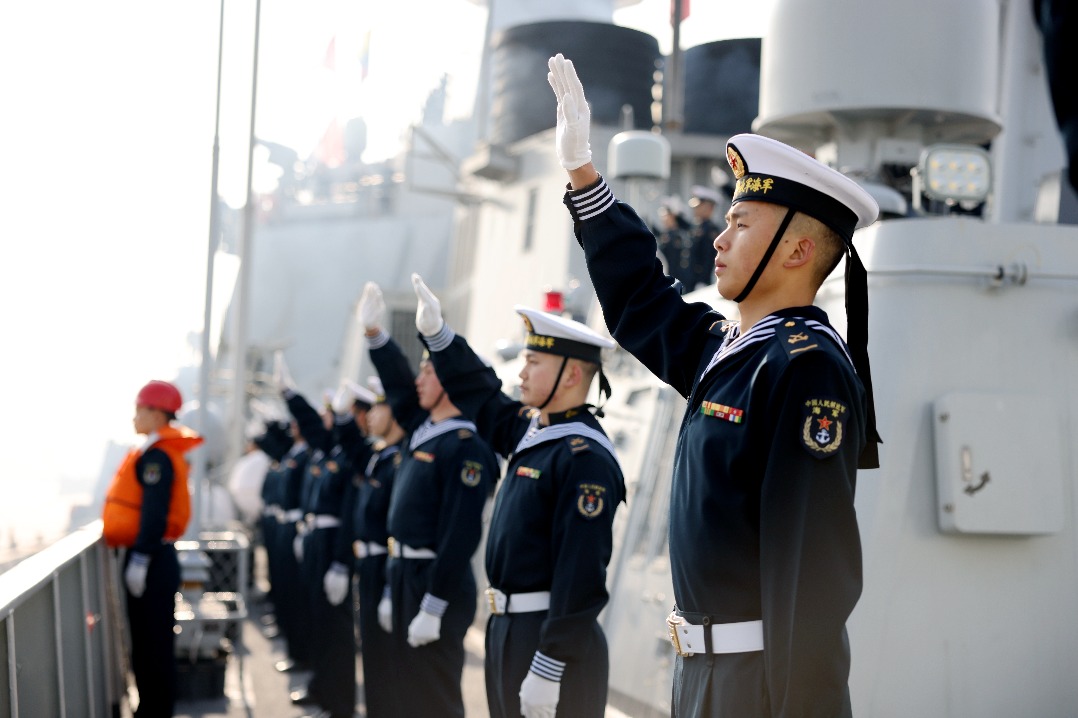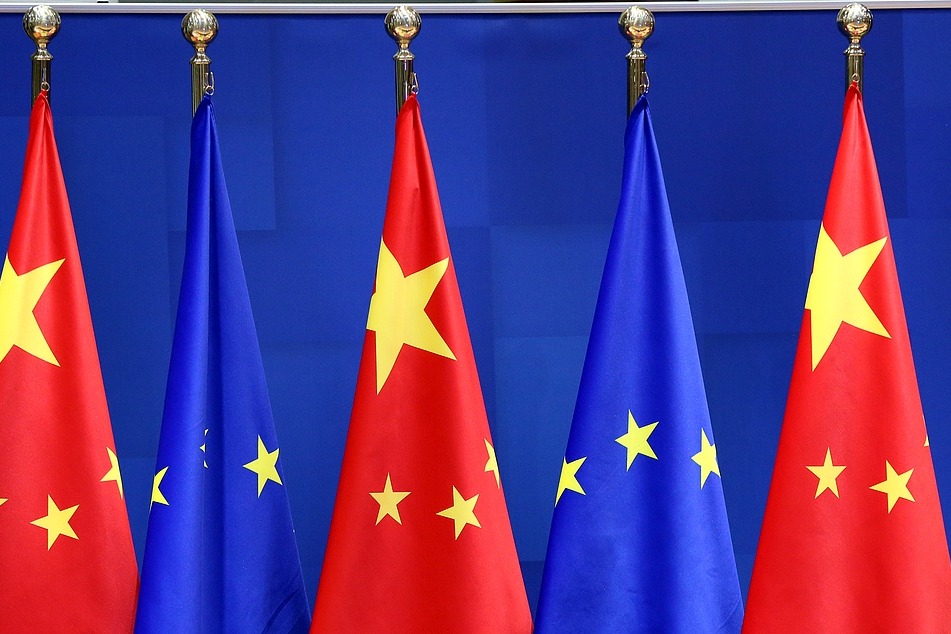National security law can boost trust between HK and central govt


According to Article 23 of the Basic Law of the Hong Kong Special Administrative Region of the People's Republic of China, the SAR "shall enact laws on its own to prohibit any act of treason, secession, sedition, subversion against the Central People's Government, or theft of state secrets, to prohibit foreign political organizations or bodies from conducting political activities in the Region, and to prohibit political organizations or bodies of the Region from establishing ties with foreign political organizations or bodies".
Since the withdrawal of the National Security (Legislative Provisions) Bill in 2003, national security legislation in Hong Kong has been put on hold. The necessity and urgency of a national security law based on Article 23 of the Basic Law have been highlighted again, especially since the SAR government has had to deal with the worst riots in Hong Kong since its reunification with the motherland in 1997.
On Oct 31, the communiqué of the Fourth Plenary Session of the 19th Communist Party of China Central Committee emphasized it is important to establish and improve the legal system and law enforcement mechanism of the SAR in order to safeguard national security. Which means Hong Kong's current legal system and law enforcement mechanism are not capable enough of safeguarding local and national security.
The proposed amendment to the SAR's extradition law might have invoked protests in Hong Kong. But there is ample proof that the camp opposed to the extradition law amendment frequently contacted foreign governments and organizations, and lobbied the US Congress to pass the so-called Hong Kong Human Rights and Democracy Act, and foreign political organizations provided supplies for the Hong Kong anti-law amendment camp, which constitute a threat to national security.
It is clear that the discussion on Article 23 of the Basic Law should not be confined to whether the SAR needs legislation based on it, but should center on what is the most effective and quick legislation path. On the one hand, the central authority authorizes Hong Kong to enact a national security law based on Article 23, and the SAR has the constitutional responsibility of doing so. On the other hand, Article 23 draws the bottom line for the "one country, two systems" principle and Hong Kong's "high degree of autonomy", that is, safeguarding China's sovereignty and territorial integrity.
If the country's sovereignty, safety and development interests are threatened, "one country, two systems" will lose its premise and meaning. Only when the sovereignty, safety and development of the "one country" are guaranteed can the "two systems" work for the benefit of all.
Due to the lack of a national security law in Hong Kong, the mutual trust between the central government and Hong Kong society has weakened, and the long-term implementation of "one country, two systems" not yielded the desired results. And given the complicated and fast-changing international situation, Hong Kong may face more challenges in terms of national security in the future.
As such, a national security law based on Article 23 could guarantee that national security issues are effectively handled. In the long run, it could also rebuild trust, reduce conflicts and gradually unify the core interests of the central government and Hong Kong society.
The central government has time and again reiterated that "one country, two systems" does not mean Hong Kong residents can endanger national security. The recent riots in Hong Kong have touched this political and legal bottom line.
The Basic Law authorizes Hong Kong to enact a national security law because the central government believes that as a special administrative region, Hong Kong can fulfill its obligation of safeguarding national security. Yet even 22 years after Hong Kong returned to China, the SAR has not enacted any such law, which has undermined mutual political trust between the central government and Hong Kong society.
Admittedly, it is difficult to launch discussions on legislation based on Article 23 under the current complicated situation in Hong Kong, but it is the SAR's constitutional obligation to enact a national security law, and this is an obligation Hong Kong society cannot ignore.
The author is a researcher at the Center for Basic Laws of Hong Kong and Macao Special Administrative Regions, Shenzhen University. The views don't necessarily represent those of China Daily.



































